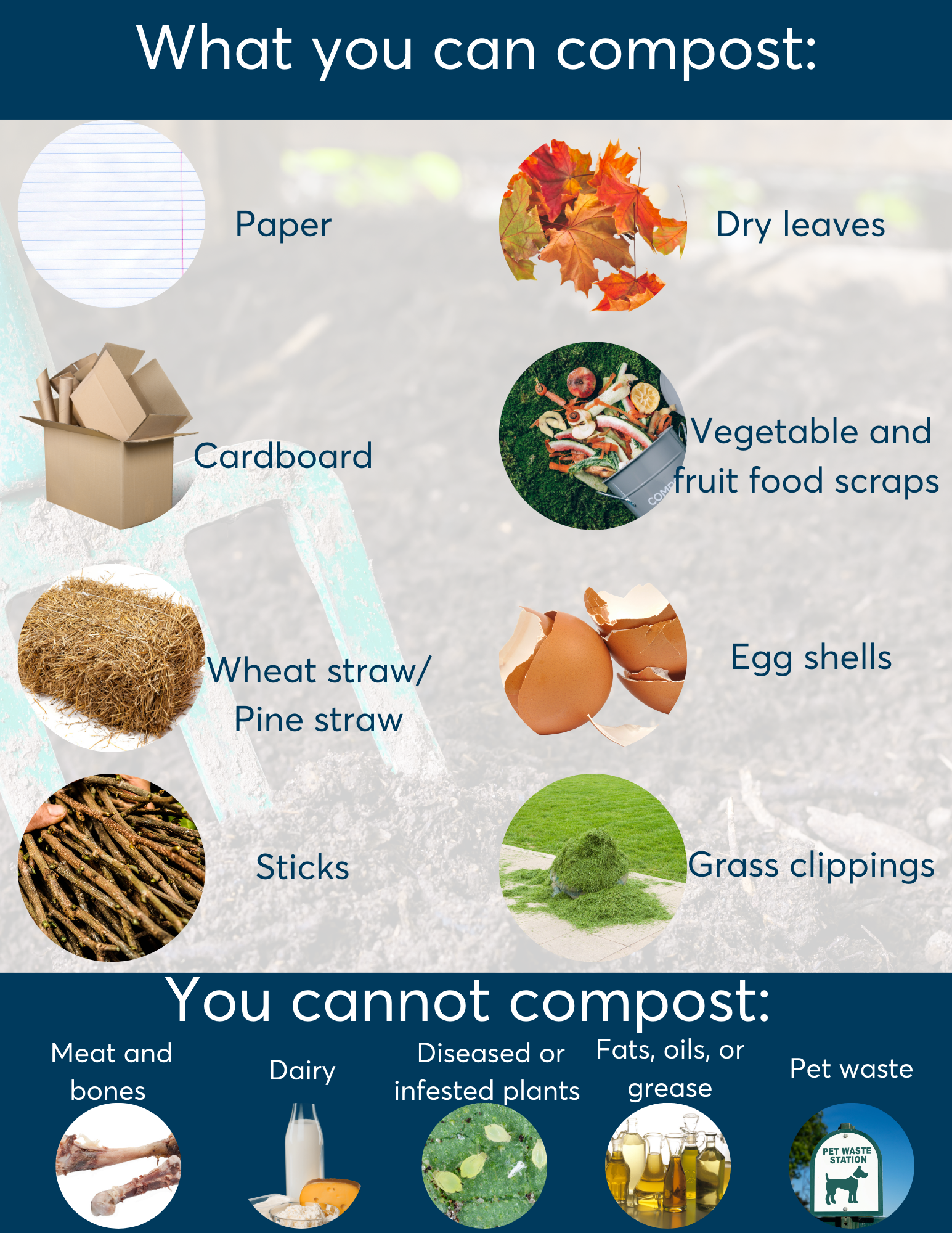Composting is an environmentally friendly practice that turns organic waste into nutrient-rich soil. It's a simple yet effective way to recycle kitchen scraps and yard waste, reducing landfill use and enhancing garden health. Here’s a closer look at the benefits of composting and how you can start your own composting system.
Benefits of Composting
Reduces Waste: Composting diverts organic waste from landfills, significantly reducing the amount of trash you produce. This not only lessens the burden on waste management systems but also reduces methane emissions, a potent greenhouse gas released from decomposing organic matter in landfills.
Enriches Soil: Compost improves soil structure, texture, and fertility. It adds essential nutrients like nitrogen, phosphorus, and potassium, promoting healthy plant growth. The organic matter in compost also enhances soil's water retention capabilities, reducing the need for frequent watering.
Saves Money: By creating your own compost, you save money on commercial fertilizers and soil conditioners. Compost can also reduce the need for pesticides, as healthy, nutrient-rich soil fosters stronger, more resilient plants.
Supports Beneficial Organisms: Composting attracts and supports a variety of beneficial microorganisms, insects, and worms. These organisms help break down organic material and aerate the soil, promoting a healthy and balanced ecosystem in your garden.
Reduces Chemical Use: Compost reduces the need for synthetic fertilizers and pesticides, leading to a healthier garden environment and less chemical runoff into waterways.
How to Start Composting
Choose a Composting Method: Decide whether you want to use a compost bin, a compost tumbler, or a simple compost pile. Bins and tumblers are great for urban settings, while piles work well for larger spaces.
Select a Location: Pick a well-drained spot with good air circulation and easy access. Ensure it's close to your garden for convenience.
Gather Materials: Start collecting green materials (nitrogen-rich) like fruit and vegetable scraps, coffee grounds, and grass clippings, as well as brown materials (carbon-rich) like dried leaves, cardboard, and straw.
Layer the Materials: Alternate layers of green and brown materials to balance nitrogen and carbon. Aim for a ratio of about three parts brown to one part green.
Maintain the Pile: Turn the compost regularly to aerate it and speed up decomposition. Keep the compost moist but not waterlogged; it should feel like a damp sponge.
Be Patient: Composting takes time, usually between three to six months, depending on the conditions and materials used. Your compost is ready when it’s dark, crumbly, and earthy-smelling.
Starting a composting system is an easy and rewarding way to contribute to a more sustainable lifestyle. With these steps, you can transform your organic waste into a valuable resource for your garden, benefiting both your plants and the environment.
What if you don't have the yard or time to compost?
For residents of the Triangle area, several services offer compost pick-up or drop-off for food scraps and yard waste. Options include CompostNow and The ReCollective, which provide residential compost pick-up services, and Wake County Convenience Centers, which offer drop-off locations for food scraps. Additionally, the Town of Cary has a food waste recycling drop-off program.
Residential Compost Pick-up Services:
CompostNow:https://www.compostnow.org
This service offers weekly or bi-weekly pick-up of food scraps and other compostable materials, including options to earn back compost or donate to local gardens.
The ReCollective:https://therecollective.co/recollective-onestop
.The ReCollective provides food scrap pick-up services, along with options for hard-to-recycle materials, and community composting programs with drop-off locations.
Compost Drop-off Locations:
Wake County Convenience Centers:https://www.wake.gov/departments-government/waste-recycling
Wake County has several convenience centers that accept food scraps for composting, including one located at the South Wake Landfill in Apex.
Town of Cary Composting Page:https://data.townofcary.org/pages/food-waste-pilot-data-story
The Town of Cary's website has information on composting programs, including a Compost Education Center and compost giveaway workshops.
